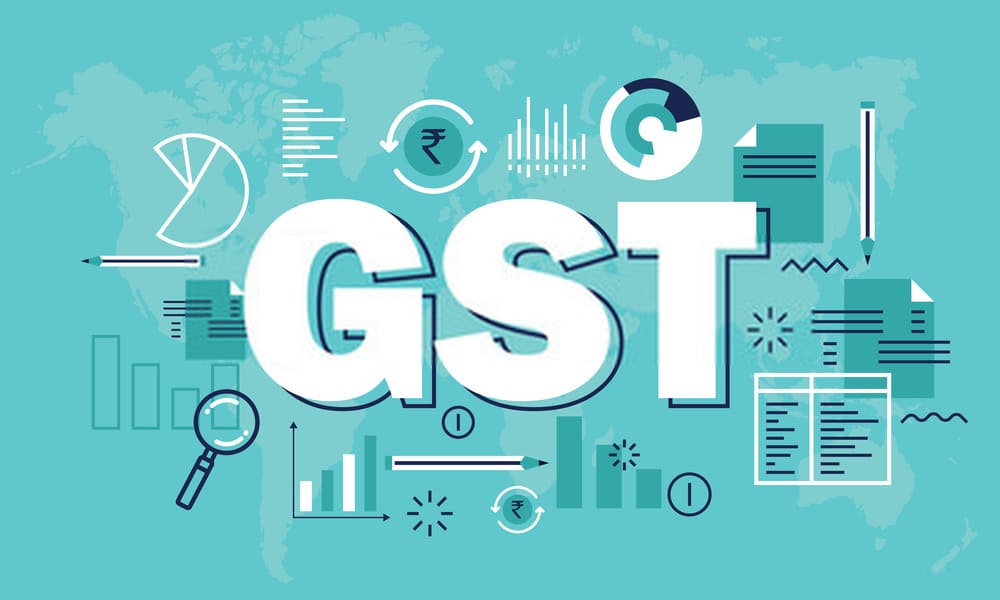The Nation which has an Army of discontented soldiers cannot go on war, leave asides winning. With majority of the Tax officials in the central government unhappy and dissatisfied with the recent GST council’s decisions, the road ahead seems very grim. The officers have been protesting on two counts. Firstly, the manner in which 90 percent of the service tax assesees below 150 lakh turnover have been shifted for administration and control to the states and secondly, the unconstitutional approach over the jurisdiction of 12 nautical miles of territorial waters. It is pertinent to note that since 1994 the Central Government has been administrating the Service Tax assesees and has mastered the art of collection of tax over this period. The 12 nautical miles area on the territorial waters is under the Central Government jurisdiction as per the constitution.
Many have questioned over this uncanny behaviour of the Central Government officers. However, on close examination of the issue, it appears that all is not well in the way the GST council has been functioning till date. On the constitutional analysis of the GST council and the powers vested in the said council, Decision of GST Council will have tremendous impact, as almost all matters relating to tax rates, exemptions, threshold limit, sharing of Centre’s tax share of Inter-State Trade and inclusion of various taxes, etc. shall be decided by it. Every decision of the GST Council shall be taken by a majority of not less than three-fourth of the weighted votes of the members present and voting. The vote of the Central Govt. shall carry a weightage of one-third of the total votes cast and the votes of all the State Govt. together shall carry weightage of two-third of the total votes cast in that meeting. Every decision of the GST Council will be taken by a majority of not less than three-fourths of weighted votes (75%) of the members present and voting. The Centre’s share of weight is either 33.33% (if it is in favour) or 0% (if Centre is not in favour). The minimum requirement is that three-fourth of weighted votes must be in favour of proposal. Thus, if Centre is against the proposal then the weighted vote cannot reach 75%. Even if all the states agree to any proposal their total weight will be only 66.67%. Thus out of the 31 members of the council, 20 have to give the vote in favour for any proposal to pass. It can be said that this provision runs in such a manner that Centre is having Veto Power. Centre will always be able to prevent the states from passing the motion. Without the consent of the Centre, no decision can be taken at the Council even if all states come together. Thus, the present provisions of weighted voting are totally tilting the balance of scale in favour of Centre. Surprisingly, it appears that majority of the decisions taken by the council till date are all as per the will of the states, even though it may be against the interest of the centre. If you cannot use your veto power, in the long run this attitude will make the centre weak and the future generations will suffer as a wrong precedent has begun. The GST ride ahead is not very smooth as the soldiers are discontented and frustrated.
